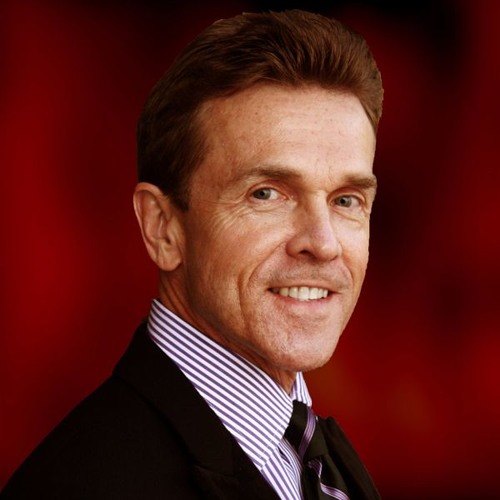

Your encouragement and constant feedback on how to improve our offering have only made our resolve and commitment to these ideals stronger.

(Only the headline and picture of this report may have been reworked by the Business Standard staff the rest of the content is auto-generated from a syndicated feed.)īusiness Standard has always strived hard to provide up-to-date information and commentary on developments that are of interest to you and have wider political and economic implications for the country and the world. Delhi's domestic consumers have to pay around Rs 8 per unit and commercial consumers up to Rs 14," he claimed. "Apart from this, the domestic and commercial rates in Delhi are the highest in the whole country. The Kejriwal government on the one hand has imposed conditions on the scheme of subsidy of electricity, and on the other hand has increased the rates of electricity in the name of Power Purchase Adjustment Cost, he said. "The Kejriwal government is increasing electricity rates from the backdoor in the name of PPAC," he charged. Ramvir Singh Bidhuri, BJP MLA and Leader of Opposition in Delhi Assembly, demanded the Kejriwal government to immediately withdraw the hike. After approval from the commission, the differential PPAC is charged in subsequent bills. In case the actual PPAC exceeds 4.5 per cent, the discoms file application to the DERC for the differential PPAC claim. The discoms distribution licence levies PPAC of 4.5 per cent without going through the regulatory proceedings. Since 2002, the cost of buying power for Delhi discoms has increased by around 300 per cent, a cost on which discoms have no control whereas the retail tariff has risen by around 90 per cent in the corresponding period, claimed the discom official. In the latest instance, the decision to increase the PPAC is based on the blending of imported coal, increased gas prices and high prices in power exchanges, which had reached to almost Rs 20 per unit, before being capped by the CERC to Rs 12 per unit, officials said. The PPAC is levied to off-set the increase in the fuel prices. On the other hand, Delhi discoms are allowed PPAC on a quarterly basis, he said. The central regulatory commission, CERC allows central PSU gencos like NTPC, NHPC and trancos, PPAC on a monthly basis. The PPAC is a requirement under the Electricity Act, DERC's own tariff orders and Appellate Tribunal for Electricity (APTEL) orders.

More than 25 States/Union Territories have implemented fuel surcharge adjustment formula, he said. "The PPAC in Delhi has been increased by 4 per cent from June 11, according to the approval of the DERC," said an official source.Īccording to the Ministry of Power directions on November 9, 2021, every state regulatory commission (DERC in the case of Delhi) has to place a mechanism for automatic pass through of fuel and power procurement cost in tariff for ensuring the viability of power sector, said a discom official. It is applied as a surcharge on total energy cost and fixed charge component of an electricity bill, officials said. The PPAC is a surcharge to compensate the discoms for variations in the market-driven fuel costs. No immediate reaction of DERC was available. With determination, courage, and quiet dignity, Louis Sockalexis smashed racial barriers and home runs, leaving an indelible mark on America's favorite sport.The cost of electricity in Delhi has increased with hike in power purchase adjustment cost (PPAC), imposed by discoms on consumers, by 4 per cent from mid June, official sources said on Sunday.Ī power department official said the hike was made by the power distribution companies (discoms) after approval by the Delhi Electricity Regulatory Commission(DERC) due to increase in prices of fuel like coal and gas. Here is the inspiring story of a boy who dared to make his dream a reality. Facing off against the most feared pitcher in baseball, Louis proved he belonged in the sport. Louis finally made it to the major league Cleveland Spiders, but racism followed him, until one momentous day in June 1897 at New York's Polo Grounds. Louis encountered opposition at every turn-from the jeers of teammates and the taunts of spectators who thought he had no place in a "white man's sport" to the disapproval of his father, who wanted Louis to focus on tribal life. As he grew up, Louis honed his skills and dreamed of one day joining a major league team. On a Maine summer day in 1884, twelve-year-old Penobscot Indian Louis Sockalexis first fell in love with baseball.


 0 kommentar(er)
0 kommentar(er)
